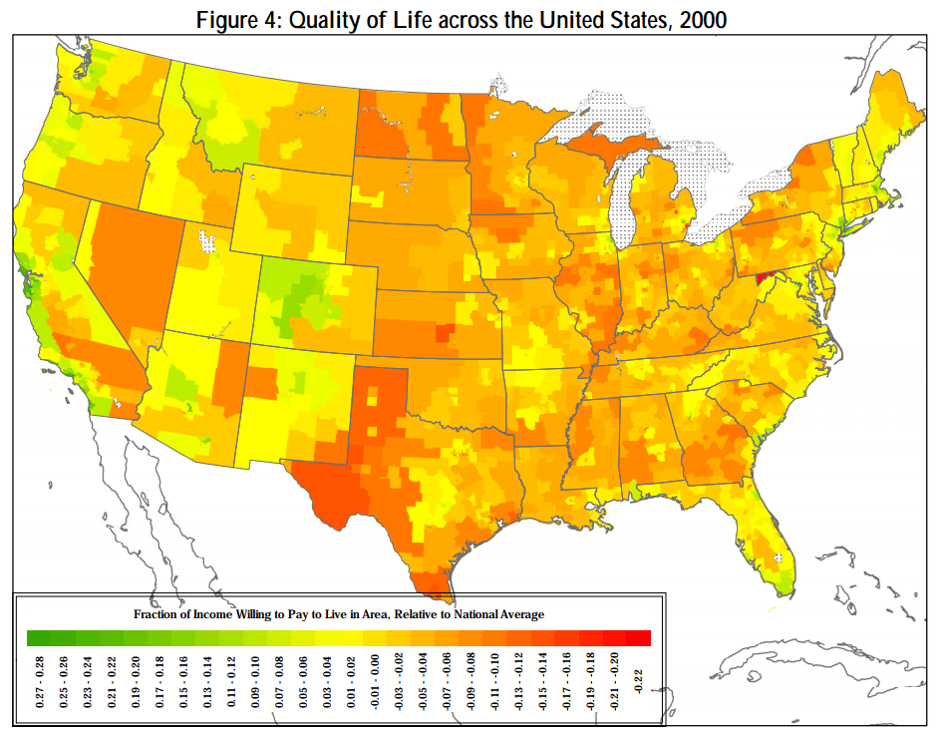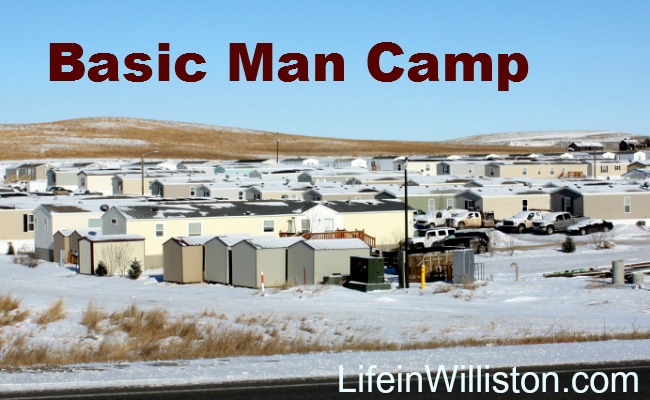haha
Give me a museum and I'll fill it. (Picasso) Give me a forum ...
Philip Greenspun's Weblog » Perceived Housing Crisis Due to Shortage of American Communities Where Anyone Would Want to Live?
Philip Greenspun, an ER, a former software exec, an MIT graduate and a helicopter pilot thinks the so called housing crisis might be an effect of the overall disfunctionality of American neighborhoods. He says there are so few places that people with any choice want to live, that these places get huge property appreciation, while other places are essentially unaffected.
Ha
Philip Greenspun, an ER, a former software exec, an MIT graduate and a helicopter pilot thinks the so called housing crisis might be an effect of the overall disfunctionality of American neighborhoods. He says there are so few places that people with any choice want to live, that these places get huge property appreciation, while other places are essentially unaffected.
Ha


